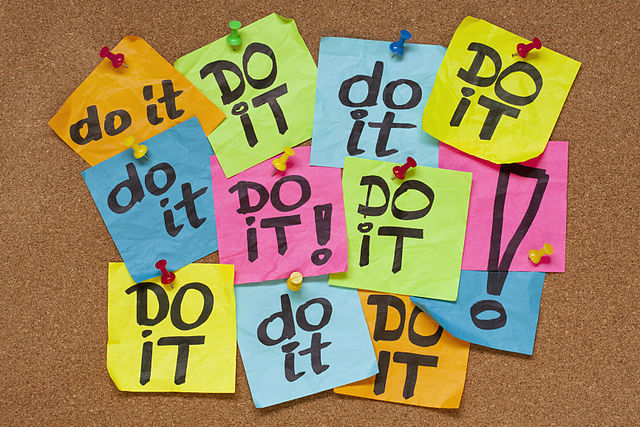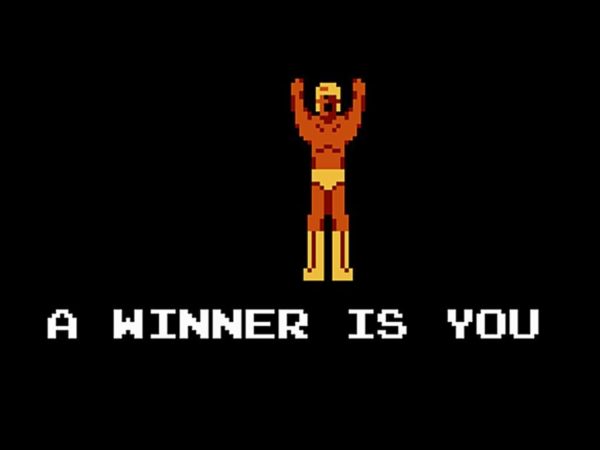As a chronic procrastinator, I thought there would be no better way to break my bad habits and teach others how to do the same than to write a blog post about it. After all, teaching myself and others in one fell swoop is a great way to save time—something us procrastinators never seem to have enough of. Procrastination affects more than 20% of the human population and a whopping 95% of the student population. Whether from self-delusion or pure denial, many people see a deadline and run the other way. Why is this our first instinct, and what can we do to stop it?
I don’t pretend to be an expert on this subject, but as a lifelong procrastinator, I know the struggle is real. I battle against procrastination at work and in my personal life every day, but I have made progress in the last year or so with a bit of prioritizing, self-discipline, and a few cheats—I mean shortcuts—along the way. This is what I’ve learned in my time as a procrastinator and a few tips that have worked for me.
The Internal Struggle: Why We Wait
Psychology Today lists three reasons why we procrastinate: it gets work done, we have no deadlines for life goals, and we perceive procrastination as a problem. The first two points I wholeheartedly agree with—it’s as if Psychology Today was reading my mind (a testament to their industry knowledge, I suppose). The third point was a new revelation for me; one that made me think about procrastination in an entirely new light. This is where change happens.
First, let me briefly discuss the first two points. While it sounds counterintuitive, I procrastinate because it gets things done. Not at first, not even in the middle, but when it counts, it gets things done. There’s something about being pushed against a deadline that acts as a powerful means of achieving focus. Maybe it’s a lack of motivation or the thrill of the adrenaline rush. Whatever it is, it’s at the heart of why I wait until the last minute, and it’s also why I always feel tired, stressed, and discouraged when I’m not in the last hour of a deadline.
The second point also hit home with me. One time I quit a job I absolutely hated even though I didn’t have a backup job. I thought I’d get so much accomplished in my hours of free time—join a gym, get some reading done, search for jobs, cook gourmet meals, start the next great American novel…turns out, having all the time in the world did the exact opposite for my procrastinator’s brain. With no deadline in sight, I filled my days with a whole lot of nothing. I recognize now that I need the pressure of a deadline to really thrive.
On to the final point—you “think procrastination is a problem.” It never occurred to me that it could be anything other than a problem. However, Psychology Today points out a crucial turning point for procrastinators everywhere: don’t think of it as a bad habit. Think of it as an alarm telling you something is missing. There’s something preventing you from getting things accomplished. Once you identify what this something is, you can move past it once and for all.
5 Realistic Ways to Conquer Procrastination
When I say “realistic,” I mean that after a lifetime of losing to procrastination, these tips finally put me on the right track. The first way is listed above: get to the source of why you’re procrastinating and nip it in the bud. However, I find this isn’t always effective. Sometimes, I honestly can’t identify the reason I’m putting things off besides simply not wanting to do it. When I hit a roadblock, I turn to a few other helpful tips I’ve picked up:
- Turn off technology. At least, the tech you aren’t immediately using for work. For example, if you’re working on your laptop, shut off your phone.
- Say no to social media. Social media is my greatest pitfall when I’m trying to focus. I’ve discovered Cold Turkey to solve this problem in my life—I can schedule times to be blocked from sites of my choice. (Yes, my procrastination problem is that)
- Effective planning. I physically have to write a to-do list and check things off one by one, placing my top priorities first.
- Start small. I use one of my favorite sayings to remind myself to break big jobs down into more doable tasks: “How do you eat an elephant? One bite at a time.”
- Banish negative thoughts. At the heart of most procrastination is anxiety and the fear of failure. If you’re feeling discouraged or nervous, listen to your inner monologue and turn negative thoughts into positives.
The fact that technology is praised as a means of becoming more productive and efficient never ceases to amaze me. While I agree that it makes life easier, it does the opposite of boosting my productivity. I abuse technology as a medium of endless entertainment that fuels my procrastinator tendencies—an enabler, if you will. My first and second pieces of advice have served me well, and they focus on eliminating digital distraction. Without an outlet to satisfy your need for instant gratification, you’ll be surprised at how focused feel.
Try my tips next time you’re stuck in procrastination land, and see which ones work for you. Remember not to be too hard on yourself; treat procrastination as an alarm bell telling you to make a change. It’s not simply a bad habit we must break. I don’t think I only speak for myself when I say I know I’ll never fully see the end of procrastination. However, I at least know how to put it in its place and tackle the day, one day at a time.

